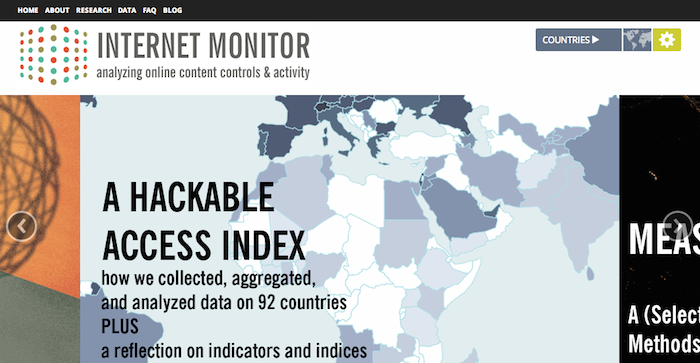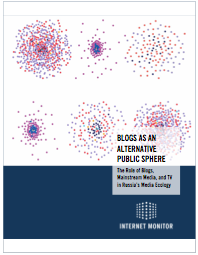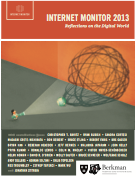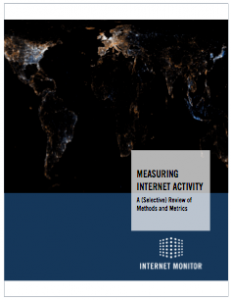Internet Monitor is delighted to announce the pilot launch of its new website, thenetmonitor.org. This new platform compiles, curates, and presents data on Internet access and controls from both the Berkman Center and a number of partners and other sources.
This first version of the Internet Monitor platform contains Internet filtering data from the OpenNet Initiative, broadband data from Akamai, speed and quality data from NetIndex, crowdsourced web blockage data from Herdict, broadband pricing data from Google and Communications Chambers, and more. Internet Monitor continues to seek and integrate new sources of data in order to provide policy makers, digital activists, researchers, and user communities with an authoritative, independent, and multi-faceted set of quantitative data on the state of the global Internet; as part of our second phase of development, we’ll be incorporating both additional data and new functionality.
The platform also brings together 15 indicators on Internet access and infrastructure to create the Internet Monitor Access Index. This user-configurable index captures Internet access from several angles, including measures of Internet adoption, speed, price, and proxies for the ability of citizens to productively engage in online activity if given the opportunity: gender equality and education. Each of these four categories looks at the question of access from different but interrelated perspectives.
The site also provides easy access to Internet Monitor research publications, including our special report series and our annual report, which highlights some of the most fascinating developments and debates in the digitally networked environment each year. Our blog provides regular updates on key news and events related to Internet control and online activity around the world.
We welcome feedback on the site—including suggestions for additional data sources, bug reports, and any other thoughts you may have. Please reach out to info@thenetmonitor.org with your comments.
About Internet Monitor
Internet Monitor, based at the Berkman Center for Internet & Society, is a research project to evaluate, describe, and summarize the means, mechanisms, and extent of Internet content controls and Internet activity around the world. The project compiles and curates data from multiple sources, including primary data collected by the Berkman Center and our partners, as well as relevant secondary data. The Internet Monitor platform is a freely available online fact base that gives policy makers, digital activists, researchers, and user communities an authoritative, independent, and multi-faceted set of quantitative data on the state of the global Internet. Internet Monitor also provides expert analysis on the state of the global Internet via our special report series and our annual reports on notable events and trends in the digital space.
Contact
info@thenetmonitor.org




